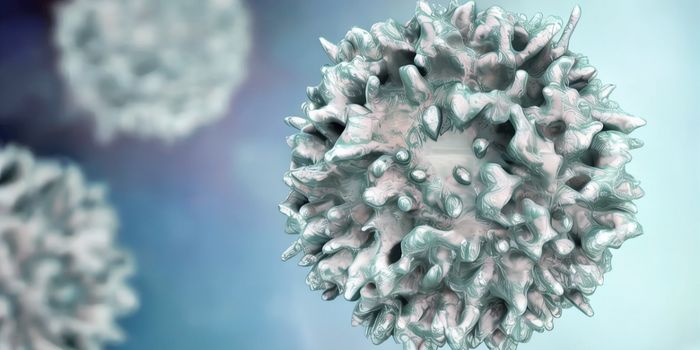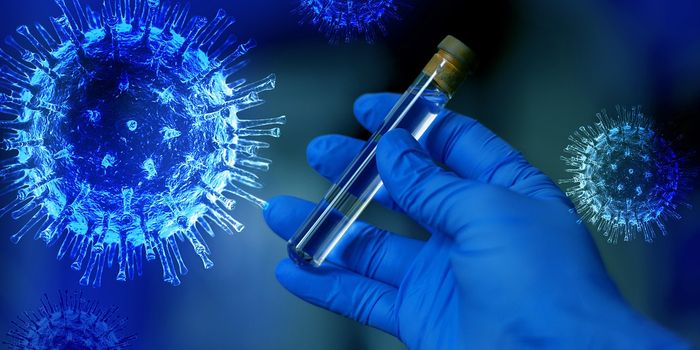Cancer drugs don't work the way we thought
New research recently published in the journal Science Translational Medicine surprises the oncological community with findings that a protein previously thought to influence cancer growth actually has no impact on cancer cells at all.
The research was conducted by scientists at Cold Spring Harbor Laboratory (CSHL) led by Jason Sheltzer and focused on a protein called MELK. MELK is often found in high levels in tumors and has been thought to play a significant role in cancer cells. But after using CRISPR to shut off MELK production, the scientists found that the cancer cells were unaffected. "To our great surprise, the cancer cells didn't die," Sheltzer reported last year. "They just didn't care about MELK."
And it turns out that MELK wasn’t alone. In further investigations, Sheltzer’s lab, joined by researchers Ann Lin and Chris Giuliano, figured out ten other drugs whose “mechanism of action” had also previously been mischaracterized. Each of the ten drugs are currently in the process of clinical trials with approximately 1000 human cancer patients in total.
"The idea for many of these drugs is that they block the function of a certain protein in cancer cells. And what we showed is that most of these drugs don't work by blocking the function of the protein that they were reported to block," Sheltzer explained. "So that's what I mean when I talk about mechanism of action."
One of the drugs that Sheltzer’s team debunked was one that was thought to kill cancer cells by inhibiting the protein PBK. However, after exposing cancer cells to high levels of the drug, they found that the drug’s interaction with PBK wasn’t actually responsible. "It turns out that this interaction with PBK has nothing to do with how it actually kills cancer cells," Sheltzer said. Instead, they found that a protein called CDK11 is the real mechanism of action against cancer.
The researchers hope that their findings will steer drug discovery in a new direction in order to improve personalized medicine. "A lot of drugs that get tested in human cancer patients tragically don't end up helping cancer patients," Sheltzer said. "If this kind of evidence was routinely collected before drugs entered clinical trials, we might be able to do a better job assigning patients to therapies that are most likely to provide some benefit. With this knowledge, I believe we can better fulfill the promise of precision medicine."
Sources: Science Daily, Science Translational Medicine









